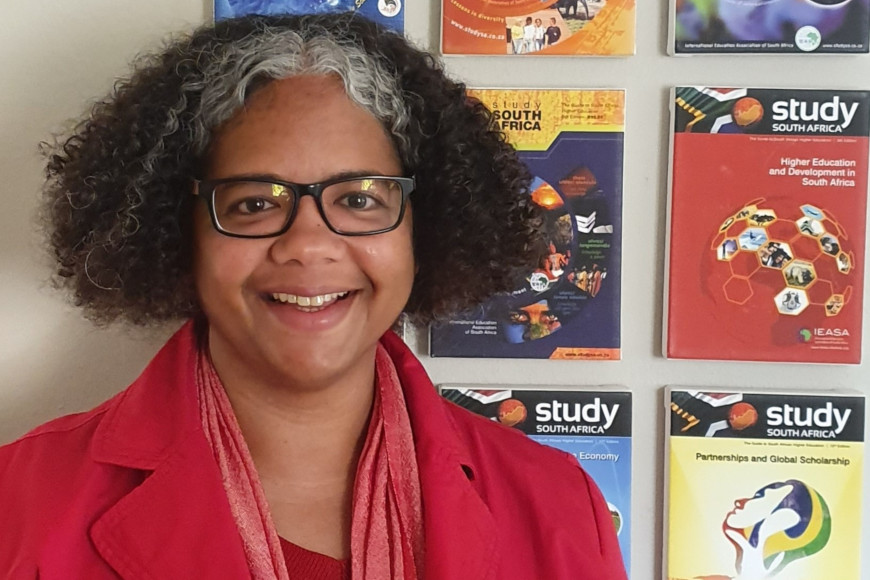Many South African Higher education institutions are facing increasing numbers of requests for joint offerings of academic programmes. With this in mind, the Durban University of Technology’s (DUT’s) Directorate of International Education and Partnerships are hosting a one-day workshop pertaining to the issue of Joint Degrees, at the Riverside Hotel, Durban North, on 10 February 2019.
The workshop will be facilitated by Dr Samia Chasi, who is currently serving as the Strategic Advisor to the International Education Association of South Africa (IEASA). Dr Chasi also recently graduated with a Doctor of Philosophy in Education from the University of the Witwatersrand. She also holds a Master of Philosophy in Engineering Management from the University of Johannesburg and a Master of Arts in English, Russian and Sociology from the University of Rostock, Germany.
The one-day workshop will look at the concept, history and relevance of joint degrees to DUT, and also aim to delve into the systems and processes required for the introduction of Joint Degrees.
Dr Chasi spoke further, saying that in terms of the South African context, the issue of Joint degree is not entirely new because of institutional practice but what has changed is that when the Department of Higher Education and Training published the first draft national internalization policy and in that policy they spent a considerable amount of time in discussing collaborative, joint, dual degrees.
“It’s the first time that there is some sort of a national guideline on how institutions can deal with it because many universities in South Africa receive requests and expressions of interest from their partner institutions abroad. On the other hand, many South African universities have an interest in establishing such programmes because they can help address some institutional goals, internalization being one of them; if not strengthening supervisory capacity or PHD throughput. So it’s a conversation that is ongoing and the final word has not yet been spoken because the draft policy has not yet been adopted,” she stressed.
Dr Chasi also added that it is an opportunity to engage with DUT colleagues and have conversations on the topic.
“We are aware of what happens nationally and internationally, but in order to implement such programmes, one needs to be really prepared and plan and I think that it is easy to facilitate in a workshop. That is why I am hoping, for example, that there is a broad audience of people because it is an institutional effort, it’s not just a decision that gets made maybe in the vice-chancellor’s office to say that we want to do this now,” she said.
Dr Chasi further added that there are students involved and so the students need to be taken care of for their entire journey.
“There needs to be consideration for academic and administrative requirements literally, from applications through to registrations and through to graduation, and that’s what needs to be looked at in more detail, and hopefully we can do that in the one-day workshop,” she said.
Biography
Dr Samia Chasi is a practitioner-scholar in HE internationalisation, with 20 years of experience in this field through positions in international offices of German and South African universities, an agency of the European Commission as well as representations of the German Academic Exchange Service (DAAD), Nuffic and the British Council in South Africa. While higher education partnerships have been the main focus of her work, she also has gained valuable insights and experience in vocational and entrepreneurship education through initiatives driven in partnership with education institutions, government departments and the private sector.
Waheeda Peters


